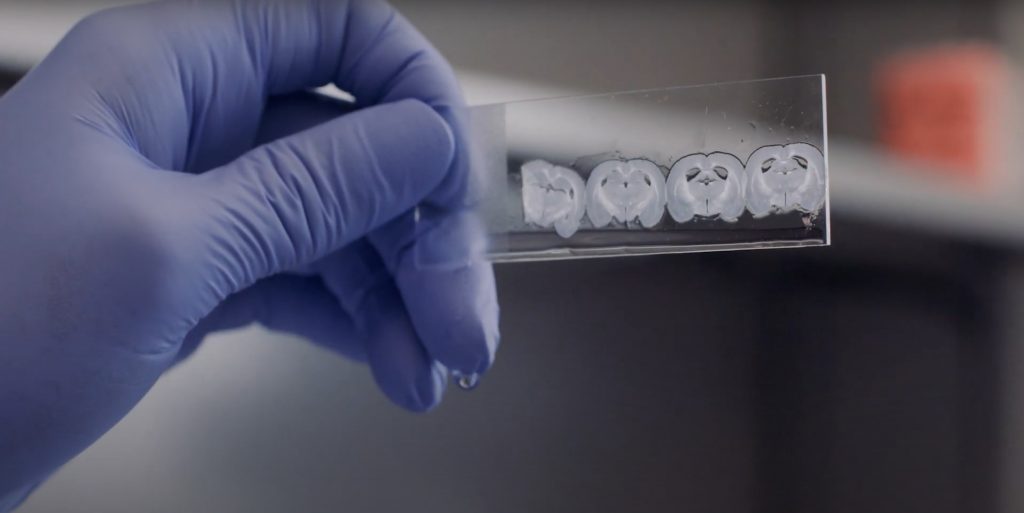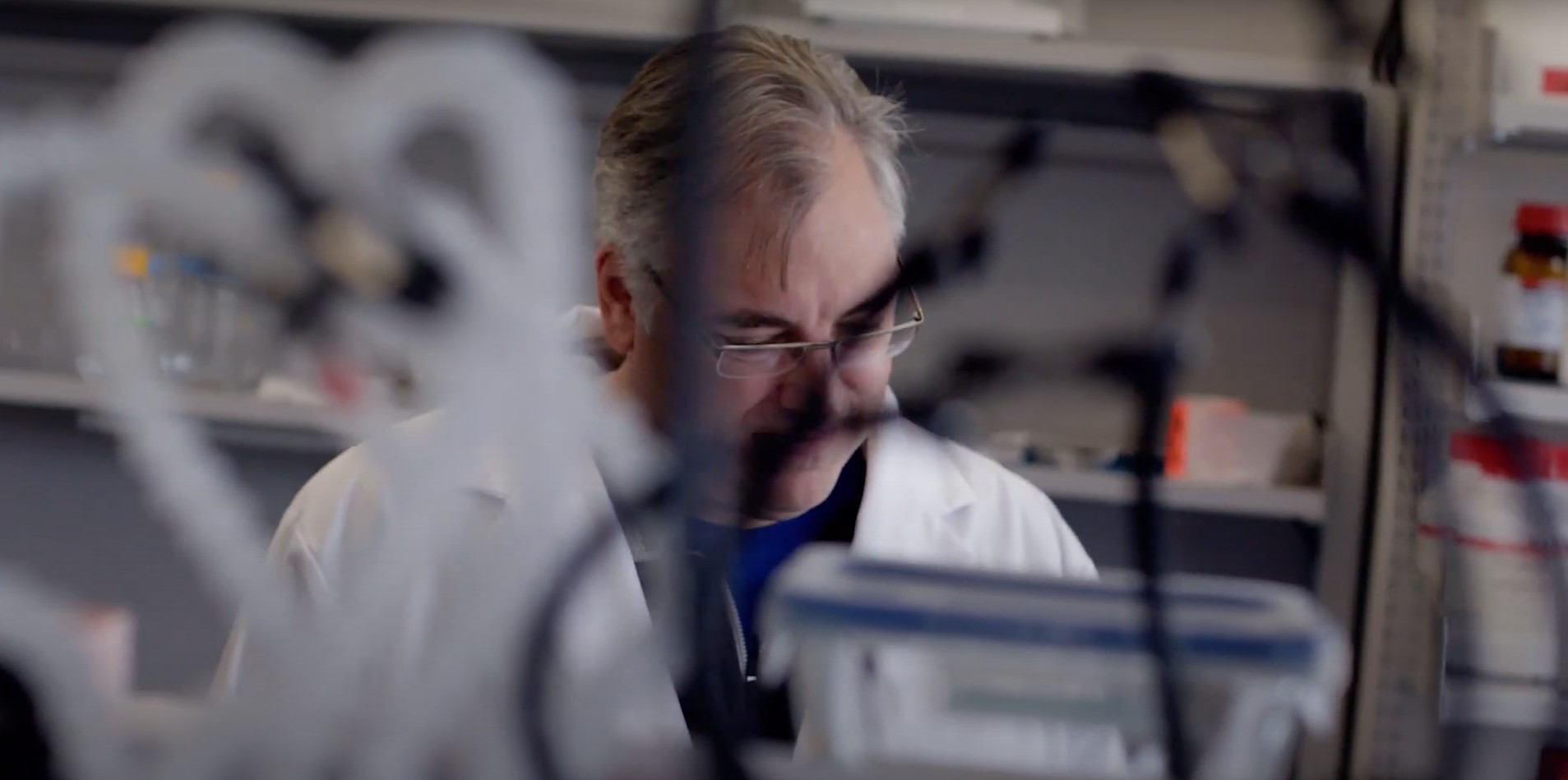Brain Scientist Receives $2.8 Million Grant from the National Institute of Health
With a grant from the National Institute of Health, Stephen Maren is discovering better treatments for individuals with anxiety disorders.

By Tiarra Drisker ‘25

Stephen Maren, professor in the Department of Psychological and Brain Sciences at Texas A&M University, is using an $2.8 million grant from the NIH to further fund his research on the brain.
Stephen Maren, professor in the Department of Psychological and Brain Sciences at Texas A&M University, has been awarded a $2.8 million grant from the National Institute of Health (NIH) to further fund his research on the brain mechanisms of fear and anxiety.
Maren’s research focuses on how the inner workings of the brain contribute to anxiety disorders such as post traumatic stress disorder (PTSD). In particular, his research examines the brain circuits that shut fear off. The findings of these experiments could potentially lead to therapies that might improve the outcomes for individuals with anxiety disorders including those with PTSD.
“Ultimately, we hope that the basic neuroscience research we perform in the laboratory will yield insight into disorders of fear and anxiety in people,” Maren said. “We think our work is particularly important to understanding how to optimize behavioral therapies, such as prolonged exposure therapy, that are used to reduce fear in people that have experienced psychological trauma.”
Maren said the grant will give his research team the necessary funding to explore a hypothesis that learning to inhibit traumatic or fearful memories involves the thalamus (a gray matter structure near the center of the brain). So far, Maren has already pinpointed a brain region within the thalamus that plays a role in inhibiting fear and as well as what causes the brain to have a relapse in fear.
“Although exposure therapy is often effective, pathological fear and anxiety are known to return or ‘relapse’ under a number of circumstances,” Maren explained. “This often occurs, for example, when trauma-related stimuli, which have come to be tolerated during therapy, are unexpectedly experienced outside of the clinical context. Relapse of fear after therapy has been estimated to occur in upwards of two-thirds of patients undergoing exposure therapy.”
Maren said he is extremely grateful to the NIH for providing him and his team with the financial support to perform their work with cutting-edge methodologies.
“Support from the NIH allows us to continue a long-running project that seeks to understand the brain circuits involved in regulating fear memories,” Maren said. “It is an absolute honor to have been continuously funded by the NIH for over 25 years to do this important work.”
